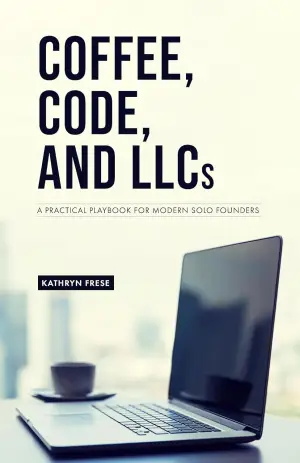Book Review: Fahrenheit 451 by Ray Bradbury
Ever had a book stop you in your tracks, forcing you to re-evaluate your daily life? For me, that book is Ray Bradbury’s Fahrenheit 451. As I cracked open its pages for the first time, I felt an electric anticipation, knowing I was about to encounter a narrative that doesn’t just depict a dystopian world, but reflects the troubling aspects of our own society.
At its core, Fahrenheit 451 follows Guy Montag, a fireman in a future where books are outlawed and burned. In this unsettling world, Montag’s job is to destroy knowledge and creativity, ensuring society remains blissfully ignorant. His life takes a sharp turn when he meets Clarisse, a young neighbor whose curiosity and zest for life stir something deep within him. Unlike Montag’s wife Mildred, who is trapped in her world of mindless television, Clarisse represents a breath of fresh air—a challenging questioner of societal norms. This relationship ignites Montag’s internal struggle and sparks his quest for understanding and truth.
Bradbury’s themes of censorship, conformity, and rebirth resonate deeply today. Montag’s transformation from a complacent enforcer to a seeker of knowledge echoes an alarming trend we see in contemporary society—a growing distance from critical thought in favor of mindless entertainment. I found myself pondering the implications of technology in modern life, especially during passages that illuminate the dangers of an over-reliance on gadgets. Suddenly, my smartphone felt less like a tool and more like a potential muzzle.
Bradbury’s lyrical writing style draws you into Montag’s bleak world effortlessly. I was particularly struck by phrases that felt both prophetic and poignant, such as his descriptions of the oppressive silence enveloping society. One quote that lingers in my mind is when Montag reflects, "It was a pleasure to burn," evoking a chilling familiarity in our world where ignorance can feel more comforting than truth.
As I turned the final pages, I was left with a mixture of hope and melancholy, particularly in the novel’s conclusion where Montag escapes the city post-atomic devastation. The vivid imagery of rebirth amidst destruction seemed to hinge on a glimmer of hope, making it hard to shake my emotions. The idea that knowledge survives even in the darkest of times felt like a message personally tailored to me as a reader—a reminder to cherish the written word.
Fahrenheit 451 is more than just a classic; it serves as a vital conversation starter for those who crave deeper engagement with literature and ideas. I absolutely recommend this book to anyone open to exploring its mutating relevance—be it students, scholars, or casual readers. It’s delicate yet powerful, encouraging us to interrogate our reliance on technology and our relationship with knowledge.
In reading this book, I didn’t just discover Montag’s journey; I unearthed my own fears and aspirations about the world we live in today. Fahrenheit 451 isn’t merely fiction; it beckons each of us to be vigilant about the narratives we accept and to seek out the richness that lies in uncertainty and contemplation. So, if you haven’t yet picked it up, I implore you to do so. You, too, might unearth something profound and transformative, much like I did.
You can find Fahrenheit 451 here >>






